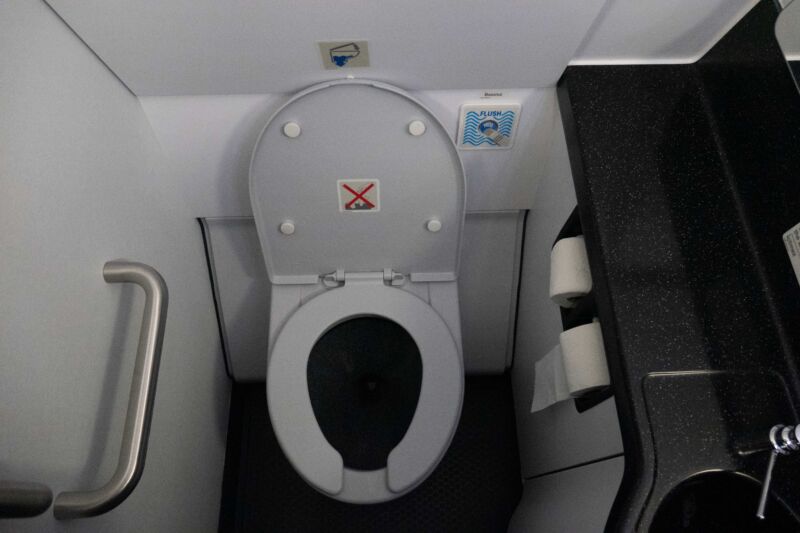-
 chevron_right
chevron_right
Thousands of unknown viruses discovered in baby poo—and that’s not bad news
news.movim.eu / ArsTechnica · Wednesday, 3 May, 2023 - 14:43

Enlarge (credit: LSOphoto via Getty)
An international team of scientists who spent five years studying the poo of 647 Danish babies found something astonishing. The nappy samples contained 10,000 species of virus—10 times the number of bacterial species in the same children. Most of the viruses had never been described before.
This may alarm many readers. Viruses haven’t exactly had a good reputation in recent years. But what many people don’t realize is that the overwhelming majority of viruses do not make people sick and do not infect humans or animals at all.
The viruses I’m referring to are bacteriophages. They exclusively infect bacteria and make up a large part of the human microbiome. It’s these bacteriophages that the researchers found so abundantly in baby poo. Indeed, around 90 percent of the viruses found in the nappies of the Danish babies were these bacteria killers.





